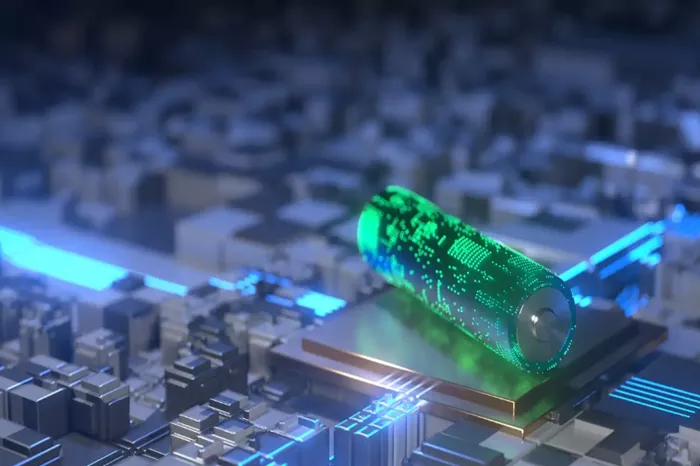A domestic research team has applied artificial intelligence (AI) technology to improve the production of lithium-ion battery cathode materials. This breakthrough lowers defect rates and increases yield, potentially saving over 2 billion won annually in production costs.
On May 27, Professor Jeong Im-doo’s team from the Department of Mechanical Engineering at Ulsan National Institute of Science and Technology (UNIST) announced their development. They worked with senior researcher Yu Ki-seong and his team from the Research Institute of Industrial Science and Technology (RIST) in Pohang.
They created AI technology that designs process conditions to reduce defects in NCM precursors and controls these conditions in real time during production.
NCM precursor is a powder made of nickel (Ni), cobalt (Co), and manganese (Mn). It is heated to form cathode materials used in electric vehicle batteries. Increasing nickel content raises battery capacity, but nickel tends to cause problems during production.
Nickel can remain dissolved or leach out, causing defects in particle shape and composition. These defects lower battery life and performance. The new AI method helps prevent these issues, improving battery quality.
Related topics:
- RedMagic Launches DAO Mini 65W GaN Charger Alongside 10S Pro Series
- MHI Eyes CO2 Compressor Market as Carbon Capture Set for Major Growth
- U.S. Robotic Lawn Mower Accessories Market Set to Reach $5 Billion by 2032

